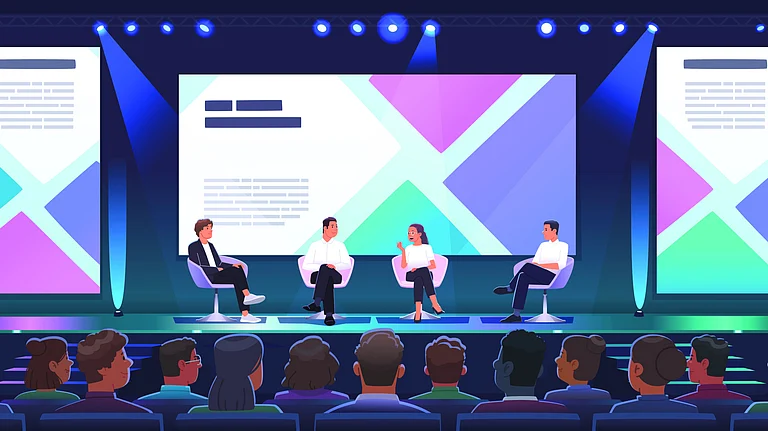The moment you think of checking out a home loan, you automatically rush to a bank or financial institution that promises the lowest interest rates. The lockdown caused the economy to spiral down to a slump as offices closed and businesses shut down. To revive lagging demand and sluggish economic activity, RBI reduced home loan interest rates to roughly 7 per cent, the lowest till date. As the country’s central bank announced further lowering of repo and reverse rates, home loan applicants got access to loans at rates as low as 6.60 per cent.
Home loans are mostly available for long periods of 10-15 years, which means that even a 0.5 per cent drop in interest rate can help save a lot of money on repayment. Public sector banks or financial institutions offering loans at cheaper rates translates to either low equated monthly installments (EMIs) for the borrower or increased loan eligibility. However, low-interest rates also mean stringent eligibility criteria that may vary between lending houses. If you think that only interest rates matter while taking a loan, it’s time for a reality check for other equally important factors.
Credit Score: Many banks and financial companies announce low-interest rates without telling you the underlying conditions necessary for seeking these loans. In most cases, borrowers must go through a stringent evaluation and eligibility criteria including a high credit score forcing many to queue outside non-banking finance companies that charge higher than the public and private sector banks. Also, a credit score below 500 means that either a bank would charge more than the stipulated loan rates or reject your loan application altogether. Public sector banks also charge high-interest rates for higher loan amounts as opposed to private sector banks that charge a flat rate irrespective of the loan amount.
Turnaround time: How much time it takes to approve a loan application and disburse it also matters. Public sector banks take time as they collect documents and send them to respective branches for verification. Bank officials then negotiate the loan amount and ask their borrowers to choose between fixed and floating interest rates towards repayment. This takes time. Private lenders sanction loan approval within a week provided all papers are in place and every bit of necessary documentation is complete.
Prepayment policies: What if you have a windfall gain and choose to prepay your loans to get rid of the liability? While this may be an effective way to get rid of paying additional interest corresponding to the entire loan tenure, some banks may be apprehensive of allowing you this benefit. They may either forbid you from repaying your loan early or charge a penalty on loan prepayment. This is especially true of banks disbursing loans at fixed interest rates as opposed to lenders agreeing to give loans at floating interest rates. Before you seek a loan, ask the bank or lending company if it allows prepayment and under what conditions.
Loan product features: There are many loan features that suit the salaried and self-employed borrowers differently. Inclined borrowers must enquire about the product offerings along with their specifications. This is because salaried employees, especially in government service, are deemed less risky compared to the self-employed, who may have to face lower loan eligibility. Financial institutions have their way to gauge the loan eligibility of self-employed. Also, you must find out if your bank or lending company would agree to a top-up loan amount if you have sought a loan less than your eligibility.
Loan-to-value (LTV) ratio: Check for the lender’s LTV ratio to find out the amount you would get against the value of the property. It makes sense to approach a bank that would be ready to give you a higher loan amount to allow you to spend more on your choice of a better home in a better locality.
Extended loan tenure: True that a loan taken over an extended period means increased interest payout. However, in times of pandemic when income is low due to pay cuts, and employment opportunities have reduced due to business shutdowns, asking the bank to spread the loan repayment over a longer period makes sense. Prefer a lender ready to give you for extended periods to ease the burden of loan repayment.
Choosing a lender with the lowest interest rate may not be the smartest move. Home loans are prolonged financial commitments that require you to stay bound with the lending company for the next 20-30 years. Considering the longevity of your relationship with the lender, it makes sense to consider numerous factors before deciding on your home loan partner.
The author is CEO and Co-Founder, BASIC Home Loan
DISCLAIMER: Views expressed are the author’s own, and Outlook Money does not necessarily subscribe to them. Outlook Money shall not be responsible for any damage caused to any person/organisation directly or indirectly.



























